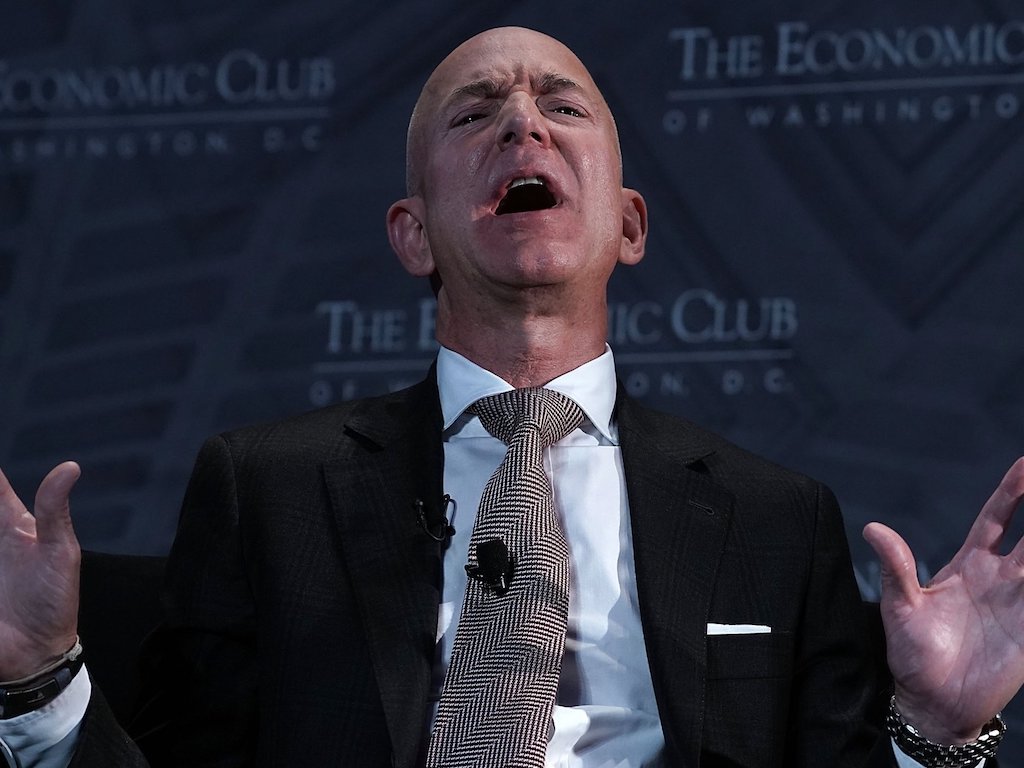3 Mins Read
Amazon has just announced a US$2 billion for a new Climate Pledge Fund dedicated to sustainable technologies and services that will help the e-commerce giant achieve net-zero carbon emissions in its operations by 2040. It comes on the heels of its CEO Jeff Bezos’ Earth Fund, which did little to allay widespread criticism over the company’s questionable commitments to sustainability. The tech firm has also been facing another reputation crisis due to its lack of workers’ protections during the coronavirus pandemic.
Online retail and tech giant Amazon announced a US$2 billion investment in a new Climate Pledge Fund, which aims to foster environmentally-friendly technologies that will enable the firm to reach carbon-neutral status by 2040. The fund will be led by Matt Peterson on Amazon’s corporate development team and Kara Hurst, the firm’s sustainability chief.
The Seattle-headquartered company said the investment will “back visionary companies whose products and services will facilitate the transition to a zero-carbon economy”.
The Climate Pledge was created by Amazon last year in partnership with London-based impact enterprise Global Optimism. Other companies that have signed onto the pledge include Indian tech consultancy Infosys and U.S. telecom behemoth Verizon.
In the announcement, founder and CEO Jeff Bezos said that the fund will be accepting applications for grants from all types of companies across different industries, including transportation, logistics, energy, circular economy and food tech.
“Each prospective investment will be judged on its potential to accelerate the path to zero carbon and help protect the planet for future generations,” said Bezos in a statement.
While a sizable sustainability pledge, Amazon has long been criticised for its significant role in driving the climate crisis, from partnering with some of the world’s largest polluters such as dirty energy firm ExxonMobil via its Amazon Web Services arm to fuelling one-click overconsumption and convenience culture.
In an attempt to alleviate some of the pressure the company has faced regarding its tainted climate record, Bezos announced earlier this year that he would commit US$10 billion of his personal wealth to an Earth Fund – representing a fraction of his enormous US$130 billion net worth at the time (which has ballooned to US$145 billion since the pandemic).
But his personal pledge, as well as Amazon’s most recent US$2 billion sustainable investment, still falls short to make up for its anti-climate reputation – particularly after the company had terminated employees for speaking out against the company’s lucrative dealings with fossil fuel firms and irresponsible environmental behaviour.
To add to the history of questionable commitments to environmental protection, the wasteful operations of Amazon’s e-commerce retail arm is hardly evidence of championing sustainability.
Amazon’s reputation over the past few weeks has been further shrouded due to claims over poor working conditions, lack of hazardous pay and inadequate protections for its warehouse workers during the pandemic, despite the fact that Bezos’ personal fortune has benefited immensely since the boost in online sales from consumers on lockdown.
The firm’s failed internal response for its frontline workers made headlines in May, when Tim Bray, an engineer and vice-president at Amazon’s Web Services arm, made a high-profile exit from the company. In his post explaining his resignation, Bray called the firings of activist organisers at the company “chickenshit”, and said that Amazon’s decisions were “designed to create a climate of fear”.
Lead image courtesy of Alex Wong / Getty Images.




